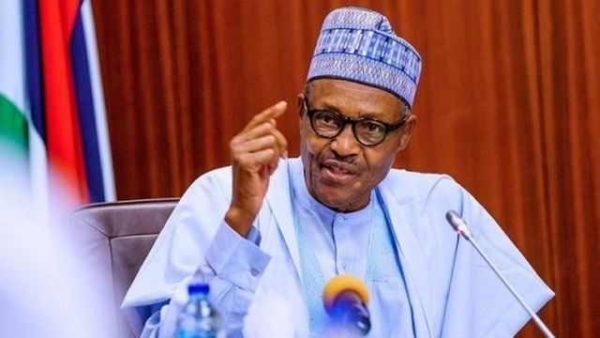Nigerian President Muhammadu Buhari will launch the eNaira on Monday (October 25th) from the presidential villa of Aso Rock in Abuja with the slogan “even naira, more possibilities”. One of the objectives of this new currency is to counter the use of cryptocurrencies, of which the West African giant (170 million inhabitants) is, with 400 million dollars of transactions in 2020, the third user in the world, behind the States United and Russia, according to a study by the specialized research firm Statista.
The virtual currency, a CBDC (Central Bank Digital Currencies), was supposed to be functional since October 1 but had been postponed at the last minute, officially for the celebrations of the 61 anniversary of Independence Day.
In fact, one company, ENaira Payment Solutions Limited, had filed a complaint with the Federal High Court against the CBN over the name “eNaira” which it claims to be paternity.
Note that eNaira is not a new currency but a virtual means of payment controlled by the Central Bank. This is an electronic representation of the physical Naira, said an executive at the Central Bank of Nigeria (CBN). To create an e-Naira account, bank account holders will need to download an app available on Apple Store and Google Android and complete a form. Their bank then takes over to validate the information (KYC) on the eNaira platform. Once the account is opened, it will be credited from the traditional bank account in an amount set by the customer. First problem, the opening and checking procedure, under the benevolent gaze of the CBN, seems cumbersome compared to cryptocurrencies. Second, eNaira accounts are external to banks. These are being competed to their detriment by the CBN’s eNaira platform. The regulator competes with all electronic payment providers, banks and specialized companies.
However, the inclusiveness of this currency is potentially high as you do not need a bank account to access it. The unbanked populations will be able to send and receive the old eNaira the USSD code.
Ultimately, the CBN can expect a reduction in the cost of money by reducing the use of cash. But will it be able to block bitcoin? After ordering the banks to close their cryptocurrency accounts, will the CBN force them to exclusively use the e-Naira to better control foreign exchange reserves and, thus, cope with the volatility of the Naira against the dollar and even in the CFA Franc?



